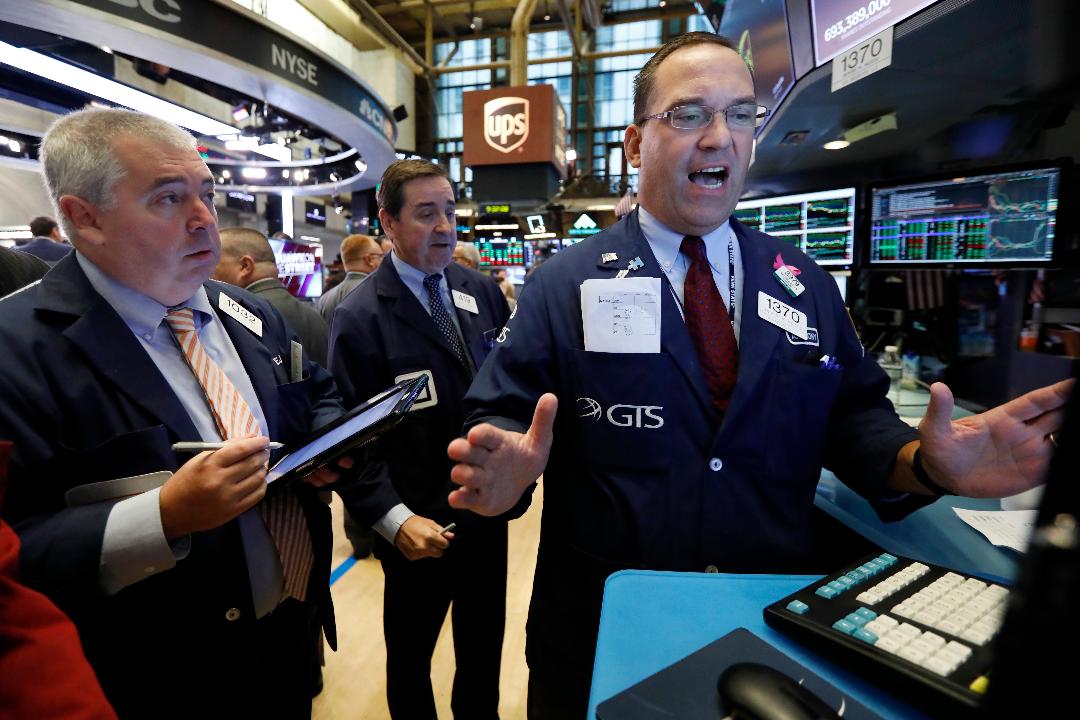Health care is hard, but it's even harder when you're stupid
While stocks put in an unremarkable performance last week, beneath the surface casualties were mounting on the heels of presidential hopeful Bernie Sander’s town hall on Fox, where he drove home his message of Medicare for All. Each of us come at this from a different political perspective. Certainly in the confines of a system that desperately needs an overhaul Medicare for All sounds attractive.
To be fair, in his Town Hall message Bernie comes right out and says health care is expensive and he will have to raise taxes on many to help pay for it. It’s the next sentence that bothers me most; … health care administrative costs would be reduced. Really? When was the last time anything run by the government proved more efficient than the private sector?
Despite polling high, Medicare for All along with a $32 trillion price tag could be the most fiercely debated topic short of the Vietnam War. Supporters of single payer will call it all but inevitable and non-believers will say Medicare for All could easily morph into Medicare for None.
It didn’t take long for traders to do the math, dumping health-care stocks across the board, down over 5 percent on the week and the worst performer year to date. Hardest hit were the health-care insurers, i.e. United Healthcare and Anthem.
Most of the Democratic candidates have a Medicare for All solution as part of their campaign promise. Sen. Kamala Harris has come right out and said; we should do away with the industry. I’m not going to go into the complexities of an all-out health-care debate right now, but I’ve long believed we could be best served by doing the obvious.
“Health care is hard, but it’s even harder when you’re stupid”
In many ways we subsidize health-care systems around the world. Americans pay the cost of drug discovery while many other countries including Canada and Europe refuse, paying often significantly lower prices even for life-saving drugs. The CEO of a major U.S. drug company cares about revenue and profit margins. Most of the cost is of course tied up in research and discovery while the actual cost of manufacture might be quite low. As long as the cost is covered on the American side, take the extra revenue from outside the U.S. at a reduced price tag, along with an incremental profit?
| Ticker | Security | Last | Change | Change % |
|---|---|---|---|---|
| UNH | UNITEDHEALTH GROUP INC. | 275.70 | -0.95 | -0.34% |
| ANTM | NO DATA AVAILABLE | - | - | - |
We’re going to need a ruling from the legal community, but why not pass legislation making it against the law to sell the drugs outside the U.S. at a price less than available in this country? I suspect drug prices would find a new level south of what we are paying today. At first, foreign entities would cry foul threatening to not purchase, but when faced with little alternative, their pricing would soon rise to the new lower U.S. level. Since most of the drug discovery takes place in the United States demand for these life-saving medicines would force other countries to pay their fair share.
CLICK HERE TO GET THE FOX BUSINESS APP
While a reflect bounce off the lows is a significant possibility the sector is going to be hostage to a news cycle that will continue to intensify as we head toward the 2020 election. Even without the albatross of health care, investors still have all the usual suspects to worry about. Trade, tariffs, mixed economic data and a paralyzed Washington continue to add bricks to the wall of worry. Welcome to my world!
David Nelson, CFA is the Chief Strategist of Belpointe Asset Management.




















